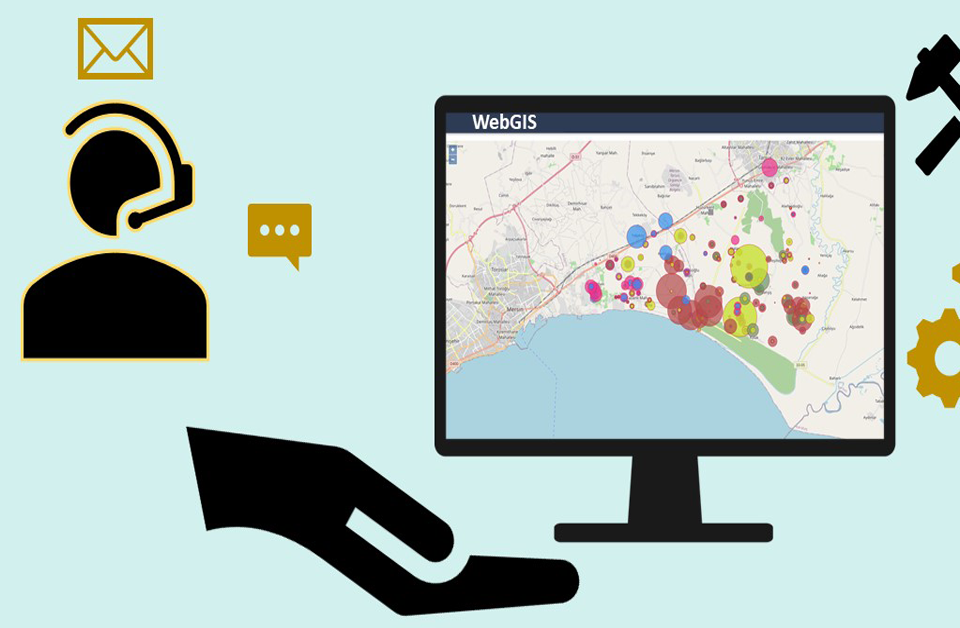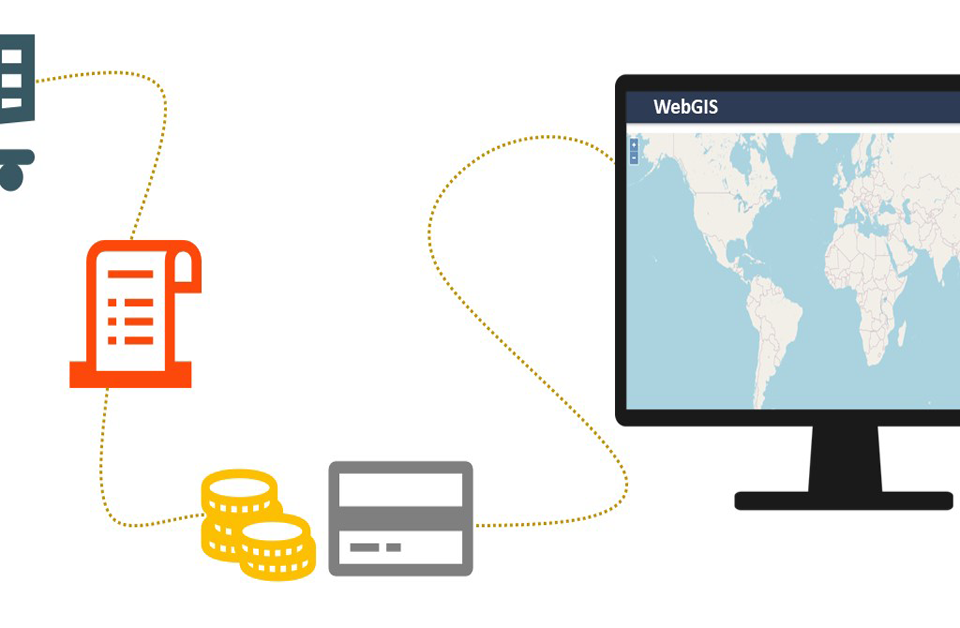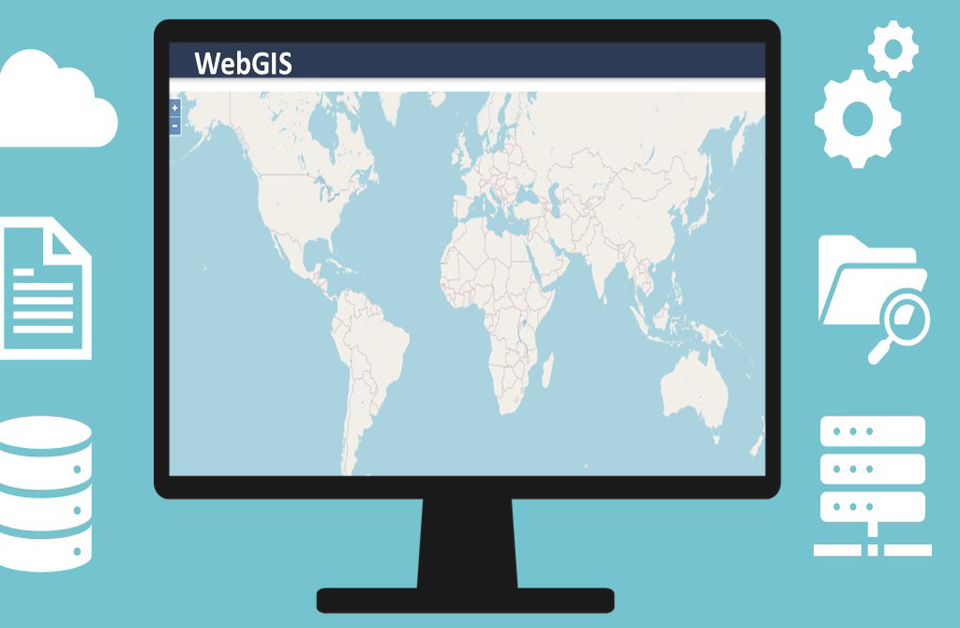Data Capture Methods in GIS

GIS in Forest Mapping
May 21, 2020
Role of GIS IN Corona-Pandemic
May 28, 2020What is Data Capture in GIS?
GIS Data Capture is a method where the data on different map attributes, facilities, resources, and organizational information are digitized and organised on an objective GIS system in appropriate layers.
GIS Data Capture Methods:
Basically, two types of methods are generally used for Data Capturing in GIS:
1. Primary GIS Data Capture Method.
2. Secondary GIS Data Capture Method.
Primary GIS Data Capture Method:
The Primary GIS Data Capture Method used remote sensing and surveying technologies to capture data using Raster Data Capture or Vector Data Capture.
Raster Data Capture Method:
Capturing of attributes without physical contact.
This is usually done with the help of Satellite
Imaging Techniques and Aerial Photography.
The advantage of this GIS Data Capture Method is
that there is a consistency in the data generated and
the whole process can be regularly and
systematically organized to get the most accurate
data in a very cost-effective manner.
Vector Data Capture Method:
Capturing of datasets through physical surveying
techniques such as Differential Global Positioning
System (DGPS) and Electronic Total Station
(ETS).
Although this technique is the most effective
process to obtain accurate results on the target GIS
system, it is more time consuming and costly.
Secondary GIS Data Capture Method:
The Secondary GIS Data Capture Method used technologies such as scanning, manual digitizing, vectorization, photogrammetry, and feature construction to Capture Data.
The following descriptions are below:
Scanning Raster Data:
High resolution scanners give very accurate raster
images from the hard copies, which then can be
Georeferenced and Digitized to get the Vector output.
Manual Digitizing:
Manual Digitization is done directly over the raster
using a digitizing tablet.
Heads-up Digitizing:
The Raster Scanned Data is imported and laid below
the vector data to be traced on the computer screen
itself.
Automatic Raster to Vector Conversion:
UIZ uses special software with intelligent algorithms to
recognize the patterns of the points, lines and polygon
features and capture them automatically to generate
Vector GIS Data.
Photogrammetry:
UIZ uses Digital Stereo-Plotters to capture the Vector
Data from the Aerial Photographs. This is
comparatively the most effective method for accurately
capturing GIS Data
Applications of GIS Data Capture Method:
Land records and Survey Data are captured by
using GIS for property, land, water, and holding tax.
Ecological and Physical Geography to break down
the effect individuals have on the earth as well as to
consider the components of air, biosphere, and
geosphere.
GIS Data Capture is also used for weather maps,
mining, and mineral exploration maps as well as
Geological Maps.
Utility infrastructure GIS Data Capture for Water
lines, Road network, sewerage network, and other
related issues.
Navigation Data is also captured with the help of
GIS Data Capture and used for navigation process.
GIS Capture Data is also used for analysing
Hydrographic Mapping, vegetation, regional issues,
and transportation facility.
Crisis Management Information System to give
continuous information to crisis responders about the
Geographical design.
- For more information or details regarding GIS Data Capture Method contact with UIZ team who are more experienced as well as provide best services to our customers.





